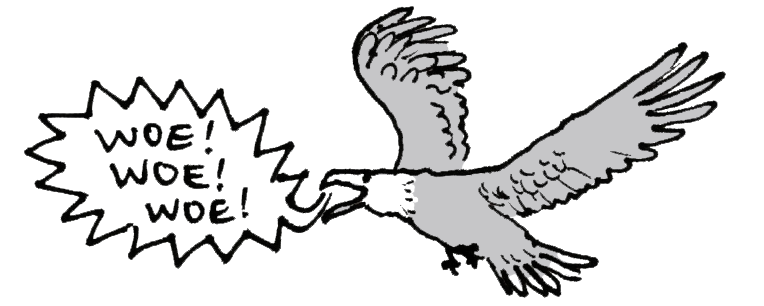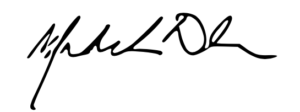LETTER
What If?
Michelle Weber
Editor in Chief
Issue 4, October/November 2021
The thing about a bimonthly magazine that’s built around thoughtful, critical takes is that it’s never going to be timely in a news sense. It’s never going to be about a particular thing that happened yesterday, or last week, or last month. Thoughtful takes take time.
The other thing about a bimonthly magazine that’s built around thoughtful, critical takes is that it’s always going to be timely. Because the kinds of issues that require thoughtful, critical takes are the endemic ones — social, political, and cultural problems that aren’t going to be resolved between one issue and the next. The entry points to our stories are offbeat (nesting dolls, acrobatic pigeons, 19th century railroad land grabs); that’s what makes them intriguing. The questions they ask (about the nature of white supremacy, about the long-term community impact of discriminatory housing policy, about settler colonialism’s relationship to food systems) are central to building the kind of world we want to see; that’s what makes them important. And evergreen.
Issue 4’s entry point: An unwelcome email from a judgy relative.
Issue 4’s question: What if we took the Book of Revelation out of the Bible?
The Book of Revelation describes the apocalypse and the ensuing kingdom created for those who are saved. In “Apocalypse, Now?” we follow writer, documentarian, and Christian Emily Manthei as she grapples with literal end-times thinking: what Revelation says, how it’s been used and misused, its personal and political impact, and how we might read it differently.
It’s about history, and theology, and politics and power. It’s about how we understand sacred texts, and how they interact with the world thousands of years after they were originally written. It’s about how we choose to read them and what we choose to do with them. It’s about the possibility of making different choices.
Like an unwelcome email from a judgy relative, nothing about those lines of inquiry are Christian-specific.
The conversation pieces take the us-and-them thinking that happens when faiths ossify and spins it out, with people from a range of religions — and no religion — exploring the ramifications via personal essay, nonfiction, short fiction, music, pop culture, and art.
* * *
They say you’re never supposed to talk about politics or religion at a dinner party.
From Laura Jenkinson-Brown’s comic primer
on the four horsemen (horsepersons?) of the
apocalypse, “The Seven Seals.”

They say a lot of stupid shit, though. Politeness is never more important than progress, so let’s get into it.

